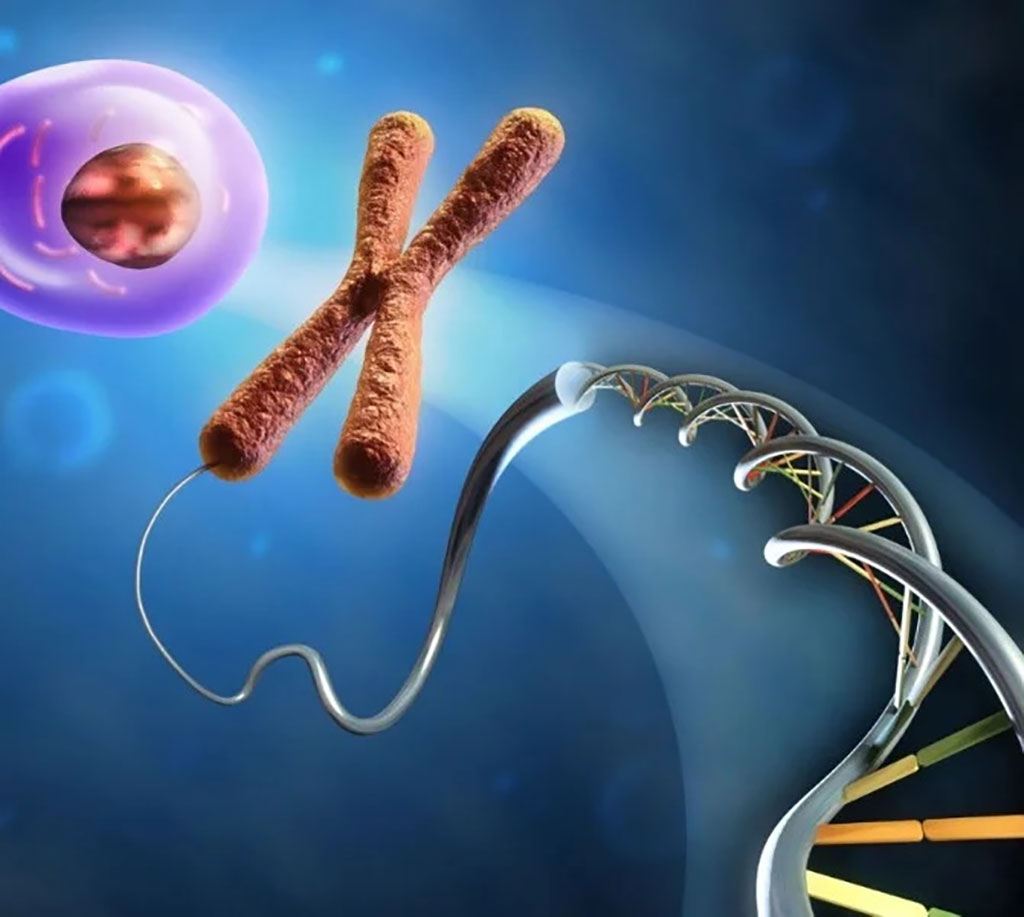Urine-Based Genomic Test Identifies Hematuria Patients at High Risk for Bladder Cancer
Posted on 11 Oct 2023
Blood in the urine, or hematuria, is the primary symptom that leads to a bladder cancer diagnosis. However, only between 5% and 20% of patients with hematuria are diagnosed with bladder cancer after undergoing a cystoscopy, which makes it crucial to determine the exact cause of the symptom. Now, a noninvasive, urine-based test that helps accurately triage hematuria patients has been shown to significantly improve the detection of those at a higher risk for bladder cancer.
Vesica Health’s (Irvine, CA, USA) AssureDx is a noninvasive urine test that assesses genomic changes related to bladder cancer, assisting in the identification of patients who would benefit from a clinical assessment by an urologist. Additionally, it helps identify patients at low risk, allowing them to avoid invasive and potentially harmful diagnostic procedures. AssureDx is also valuable for urologists as it provides a noninvasive way to monitor patients with a higher risk of cancer recurrence post-treatment, thus aiding in better patient management and outcomes.

The latest study focused on a group of 838 subjects who had experienced hematuria and were previously tested using AssureDx. The subjects were sorted into risk categories defined by the American Urological Association (AUA) based on factors like age, sex, and type of hematuria, which is also known as urothelial carcinoma (UC). The multi-omics biomarker analysis conducted by AssureDx examined DNA mutations in genes FGFR3, TERT, and HRAS as well as DNA methylation statuses for genes OTX1, ONECUT2, and TWIST1. When applied, AssureDx exhibited strong performance across all risk categories, scoring a 0.96 AUC (area under the receiver operating characteristic curve) for the complete cohort. This study substantiates the effectiveness of AssureDx in enhancing the AUA's guidelines for diagnosing hematuria. The study was published in the European Urology Oncology journal.
"Publication of this pivotal study in a leading international urology journal, demonstrating AssureDx enhances the AUA Guidelines, underscores the importance of the test for risk stratification of hematuria patients and identification of those at increased risk for bladder cancer," said Christopher Thibodeau, Chief Executive Officer of Vesica Health. "Results from this study provide further clinical evidence that the AssureDx test delivers actionable information to improve the early detection of bladder cancer when there is the greatest opportunity for cure."
Related Links:
Vesica Health













